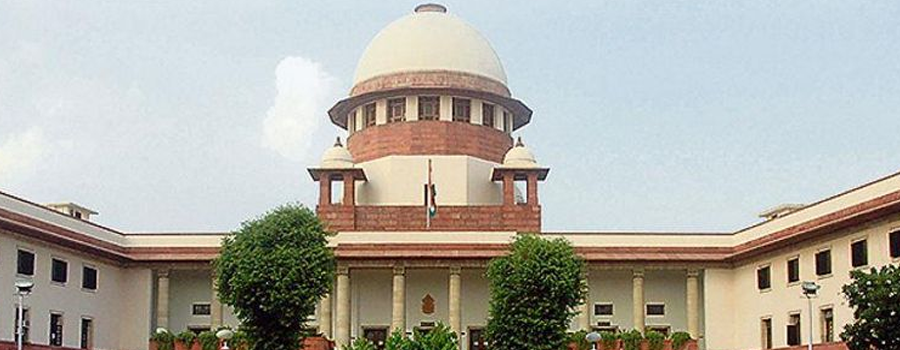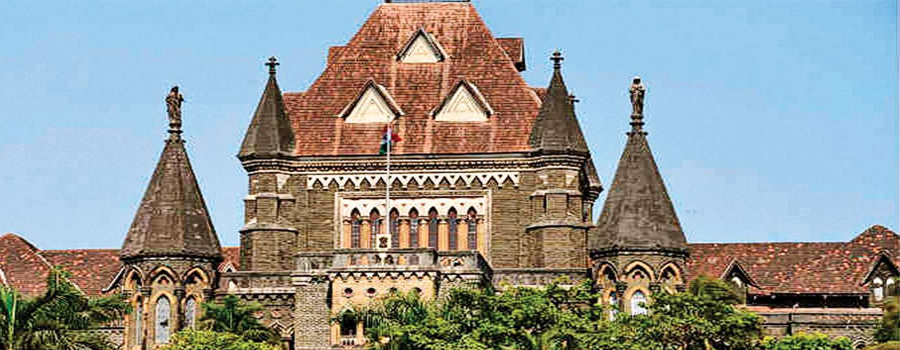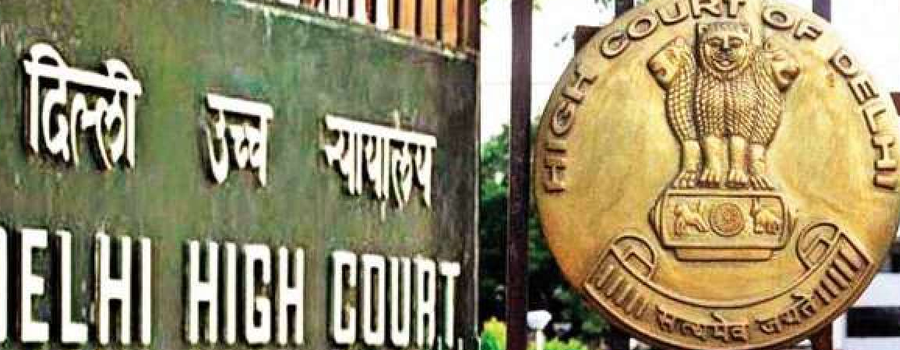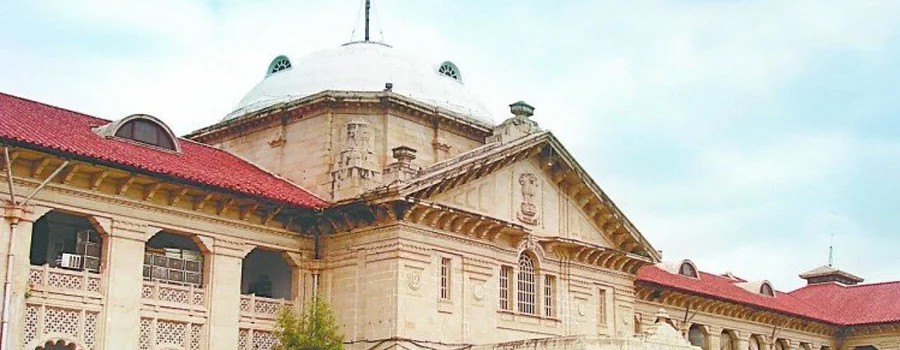
The Supreme Court (SC), dealing with the issue of period of limitation w.r.t. a specific performance suit, has held that as per Article 54 of Part II of the Schedule to the Limitation Act, 1963 the limitation period for filing a suit for specific performance is 3 years from the date fixed for performance. Further, the SC noted that the second part of the said Article 54 stipulates that “…when no time is fixed for performance, the court will have to determine the date on which the plaintiff had notice of refusal on part of the defendant to perform the contract.”
















